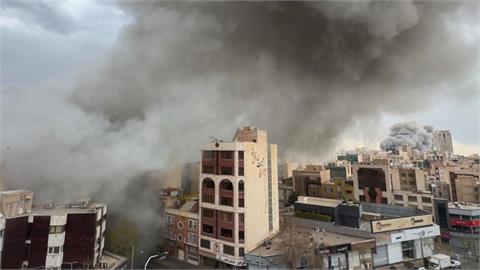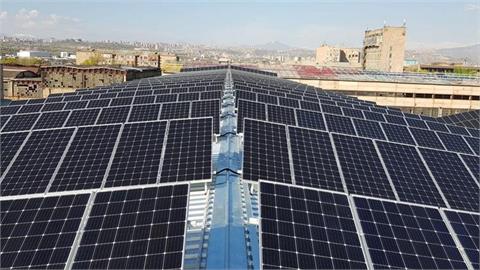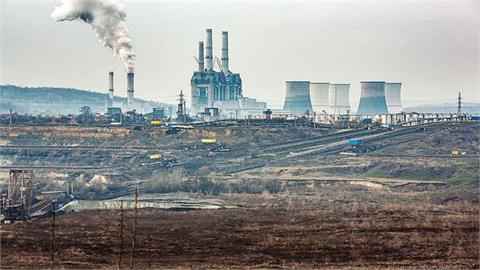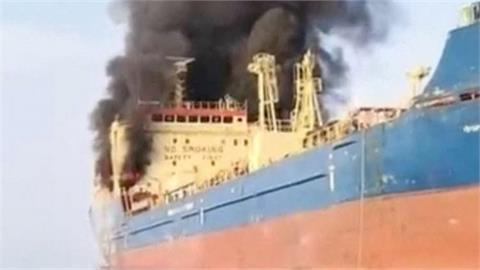Da Silva, known as Lula, was taken into custody this morning at his Sao Paulo residence on allegations of money laundering and corruption. Lula led Brazil between 2003 and 2011 when much of the corruption took place, according to prosecutors.
The detention is a major blow to the ruling Workers Party (PT) that Lula helped to establish. The PT is alleged to be one of the main beneficiaries of a scheme that siphoned billions of dollars from Petrobras.
The detention compounds pressure on Lula´s embattled heir, president Dilma Rousseff, who is already facing impeachment proceedings on separate allegations. But Brazil´s stock market jumped and the Brazilian real strengthened this morning amid apparent market perceptions that the detention could start to unwind the political uncertainty that has paralyzed efforts to revive the economy.
The case has clouded efforts to pass legislation aimed a reinvigorating Brazil's oil sector. Despite abundant offshore reserves, Brazilian oil production has flagged in recent months as Petrobras cuts spending and grapples with the fallout of the corruption imbroglio.
Last month, Brazil's senate approved a bill that would open the country's sub-salt deposits to foreign operators, revoking a Petrobras mandate that is at the heart of Lula´s legacy. The bill is now before the lower congressional house, but the unfurling political drama is likely to disrupt momentum as the executive and legislative branches determine the future of their leaders.
The proposed toppling of the Petrobras sole-operator provision is celebrated by the local and foreign oil companies eager for a larger stake in Brazil´s massive deposits. Other reforms, such as the easing of strict local content rules, have drawn the ire of labor unions, a formidable part of the PT's support base. Labor unions were quick to condemn Lula´s detention, and are organizing for massive demonstrations of support.
The turmoil has thwarted a political consensus over the reforms to legislation that became entrenched during the commodities boom.
Yesterday, the president of Brazil's lower congressional house Eduardo Cunha was charged with corruption by the country's supreme court, the only court with jurisdiction over sitting politicians. He is alleged to have received bribes for facilitating contracts with Petrobras.
Meanwhile, a leaked plea agreement between prosecutors and PT's former leader in the senate, Delcidio do Amaral, includes allegations that Lula and Rousseff had attempted to derail the Lava Jato investigation, claims both leaders deny.
A polemical figure who has seen his immense popularity wane in recent months, Lula is alleged to have taken some $8mn in illicit payments from fraud-linked Brazilian contractors such as Odebrecht, OAS, UTC, and Andrade Guiterrez which allegedly siphoned the money from inflated Petrobras contracts. Today's detention is focused mainly on donations made by those companies and the payment for work on private residences allegedly owned by the former president.
Several top executives from those firms have already been convicted of money laundering and corruption. Others, such as former chief executive Marcelo Odebrecht, are still awaiting judgment in police custody.
Federal prosecutors say they have also found evidence of illegal payments between Instituto Lula, the former president's philanthropic organization, and members of Da Silva's family, which are also now under investigation.
Lula has not been formally arrested nor charged with wrongdoing. Federal prosecutors say today's detention is based on "significant evidence" that suggests wrongdoing.
"The violence today against former president Lula… is an assault on the rule of law that affects all Brazilian society. The Lava Jato action is arbitrary, illegal, unjustifiable, and constitutes a serious affront to the Supreme Court," Instituto Lula said today.
The Lava Jato investigation, now entering its second year, has come under increased scrutiny as it edges closer to Brazil's political elite. Earlier this week, justice minister José Cardozo was replaced by a government-linked prosecutor, raising concerns of government interference in the historic probe.
The government has walked a fine line in an effort to not interfere with federal prosecutors' investigation and at the same time get scandal-linked firms back to work.
In December 2014, around two dozen mainly Brazilian firms were banned from bidding on Petrobras contracts pending the outcome of investigations. In December 2015, Rousseff sanctioned a controversial law that expedites plea deals with those firms and allows them to bid on government contracts.
The
ban covers some of Brazil biggest construction firms and has contributed
to the 3.8pc contraction the country's economy recorded in 2015, the
worst performance since 1990.
(argusmedia)



